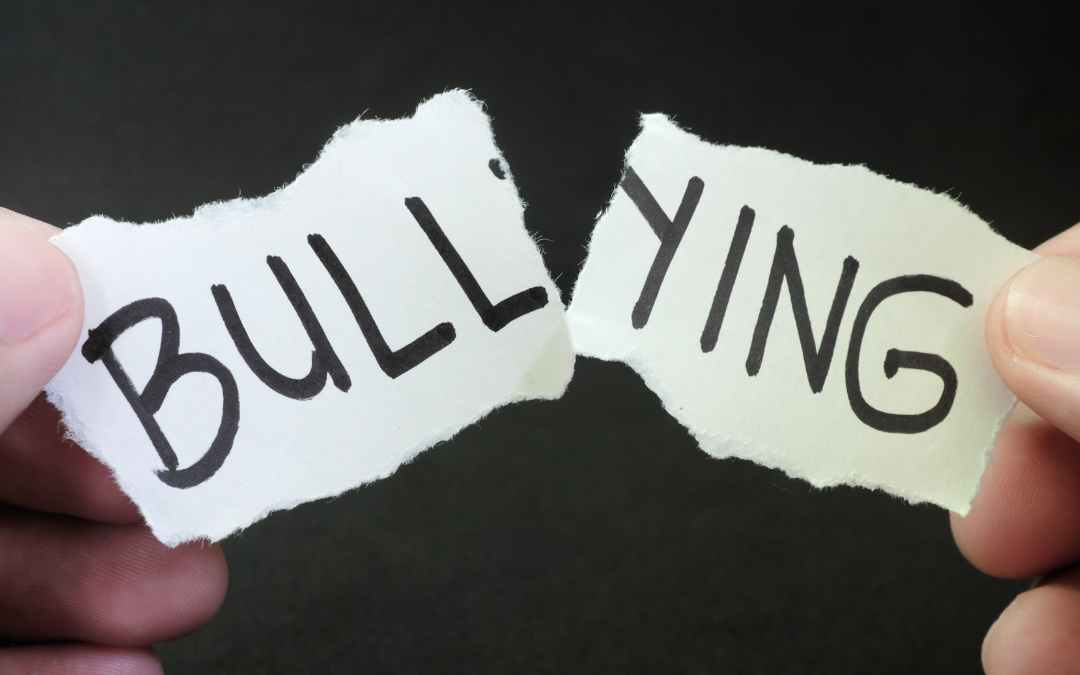This is arguably the most challenging blog I’ve written so far, but I felt it was necessary. My son is a very quiet boy, with a gentle nature and a kindness that radiates like a million stars to everyone he meets. When I discovered a bruise on his arm, I asked him how he got it, and his reaction spoke volumes without the need for words. This moment opened the door to a troubling realisation: my beautiful boy has been the target of bullies at school since the term began.
My world shattered while we sat together, discussing the heartbreaking events unfolding at school. As we talked, cried, and held each other, we experienced a deep sense of sorrow, leaving me feeling completely powerless. Without delay, I reached out to the school.
The wonderful staff at his school took my concerns seriously and addressed the issue immediately. However, this experience made me reflect on the signs I might have overlooked. We share an open and close relationship, so why couldn’t he confide in me? What indicators could I have been more aware of?
I hope that no child has to endure the pain my 10-year-old son has experienced. However, to be on the safe side, I’ve compiled some signs to watch for.
Sudden Changes in Behaviour: One of the most telling signs can be a sudden shift in your child’s demeanour. If your usually outgoing child becomes withdrawn or your gentle-natured child develops unexpected aggression, these changes can be indicators of underlying distress.
Unexplained Injuries: Just like the bruise I found on my son’s arm, unexplained injuries can be a physical manifestation of bullying. These injuries might not always be visible; emotional scars can be just as damaging, if not more so.
Avoidance of School: Notice if your child suddenly starts making excuses to skip school or shows an unusual reluctance to attend. This avoidance can be a red flag that something is amiss in their school environment.
Lost or Damaged Belongings: Frequent occurrences of lost or damaged personal items can be another indicator. Bullies often target possessions as a way to exert control and instill fear.
Changes in Eating Habits: Pay attention to any significant changes in your child’s appetite. Stress and anxiety from bullying can lead to either a loss of appetite or comfort eating.
Sleep Disturbances: Bullying can lead to sleep issues, including insomnia, nightmares, or bedwetting. These disturbances can be a child’s subconscious way of processing their stress and fear. Unfortunately, this was one of the signs I overlooked in my son, who has been experiencing nightmares.
Decline in Academic Performance: If your child’s grades suddenly drop or they seem less interested in schoolwork, it might be due to the emotional toll of bullying.
Physical Health Complaints: Frequent complaints of headaches, stomachaches, or feeling unwell can sometimes be a child’s way of expressing their emotional turmoil.
Low Self-Esteem: Bullying can severely affect a child’s confidence. If your child starts speaking negatively about themselves or shows a lack of self-worth, it might be a consequence of being bullied.
Sudden Changes in Friendships: If your child suddenly loses friends or seems to be excluded from social activities, it could be a sign that they are being isolated or targeted by peers.
Being vigilant and observant can help us protect our children from the harmful effects of bullying. It’s important to foster open communication and let them know that they can always come to us with their problems, no matter how big or small.
With the backing of his school and the love that surrounds him, I hope that, in time, this experience will be nothing more than a sad childhood memory, having no lasting effect on his self-esteem. As parents, all you can do is stay vigilant and hope that your child never becomes a victim.
I am praying for all of you who are experiencing similar struggles with your child.
Love and blessings Eliza x

